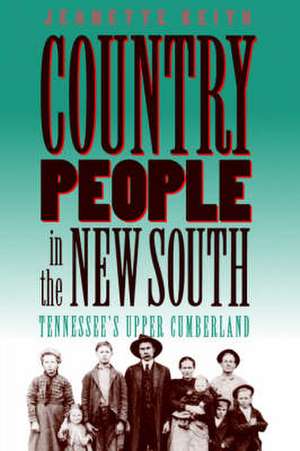Country People in the New South: Studies in Rural Culture
Autor Jeanette Keithen Limba Engleză Paperback – 13 aug 1995
Preț: 307.89 lei
Nou
Puncte Express: 462
Preț estimativ în valută:
58.92€ • 63.00$ • 49.12£
58.92€ • 63.00$ • 49.12£
Carte tipărită la comandă
Livrare economică 17 aprilie-01 mai
Preluare comenzi: 021 569.72.76
Specificații
ISBN-13: 9780807845264
ISBN-10: 0807845264
Pagini: 312
Dimensiuni: 147 x 235 x 22 mm
Greutate: 0.48 kg
Ediția:New.
Editura: University of North Carolina Press
Seria Studies in Rural Culture
ISBN-10: 0807845264
Pagini: 312
Dimensiuni: 147 x 235 x 22 mm
Greutate: 0.48 kg
Ediția:New.
Editura: University of North Carolina Press
Seria Studies in Rural Culture
Textul de pe ultima copertă
using the Tennessee antievolution 'Monkey Law, ' authored by a local legislator, as a measure of how conservatives successfully resisted, co-opted, or ignored reform efforts, Jeanette Keith explores conflicts over the meaning and cost of progress in Tennessee's hill country from 1890 to 1925.


























